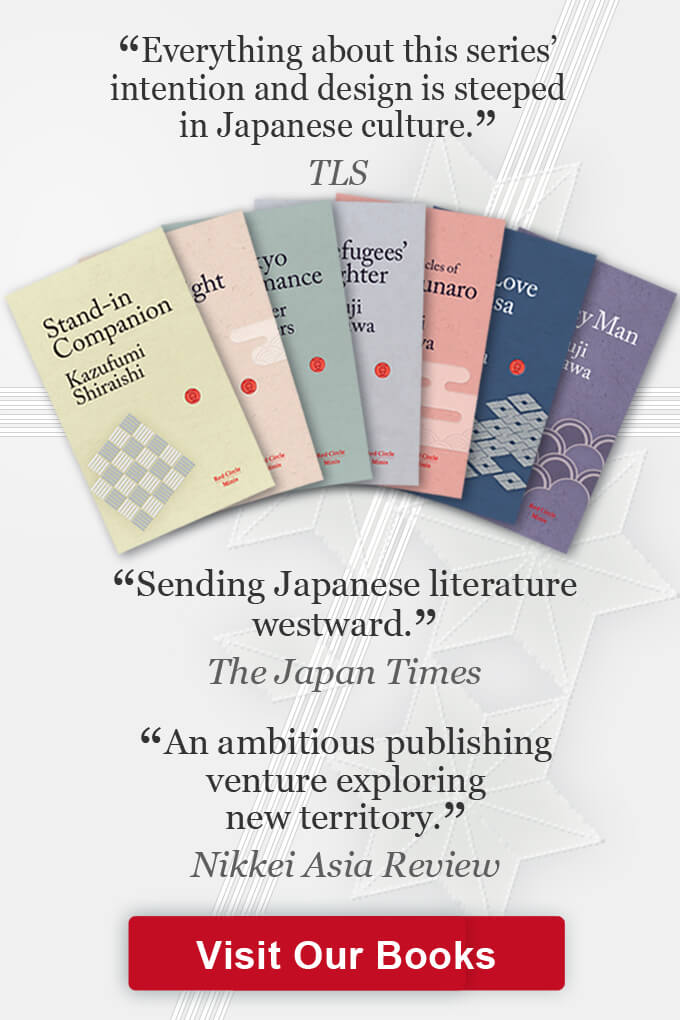That said, Japan actually has a much longer and very rich history of crime fiction, the broader genre that the sub-genre detective fiction falls within, which was defined only after highly influential Western-style detective fiction started spreading in Japan in translation.
So much so that early Western visitors to Japan sometimes pontificated on its extent and corrupting influences as well as the fact that many of these Japanese books were “coarsely” illustrated.
Nonetheless, some academics also cite others works by Japanese authors published at a similar time to Kuroiwa’s short story as the first authentically Japanese ‘detective story’.
Detective stories were known then and up until World War II in Japan as tantei shosetsu (detective books) after which they were renamed suiri shosetsu (reasoning books).
Kuroiwa was part of the new literary class that emerged in Japan’s Meiji Era (1868-1912), a period of rapid modernisation and change when Japan was opening up to Western influence after the resignation of the Shogun and more than two hundred years of self-imposed isolation.
Kuroiwa initially joined others in translating European books, such as Jules Verne’s (1828-1905) Le Voyage dans la lune, before penning Japan’s first detective story. He also translated The Time Machine, by H.G. Wells (1866-1946). He reportedly translated around 100 novels from French and English into Japanese.
However, it was Taro Hirai (1894-1965), writing under the pen name Edogawa Rampo, who established the modern genre in Japan and popularized it by combing scientific method with Japanese sentiment, as well as the suspense-type narratives that had been popular in Japan’s Edo Period (1603-1868) the period that preceded the Meiji Era.
Several years after graduating from Wasada University, where subsequently many famous authors studied, Hirai published his debut work: The Two-Sen Copper Coin (二銭銅貨 Nisen doka) in 1923.
Somewhat like Yukio Mishima (1925-1970) many years later after the Second World War, Hirai had the rare ability to bridge and blend the new rapidly urbanising Japan with the old Japan, helping readers of his generation deal with transitioning society through fiction.
He was and is still highly influential and a prize (The Edogawa Rampo Prize) named after him has been awarded every year since 1955.
© Red Circle Authors Limited

